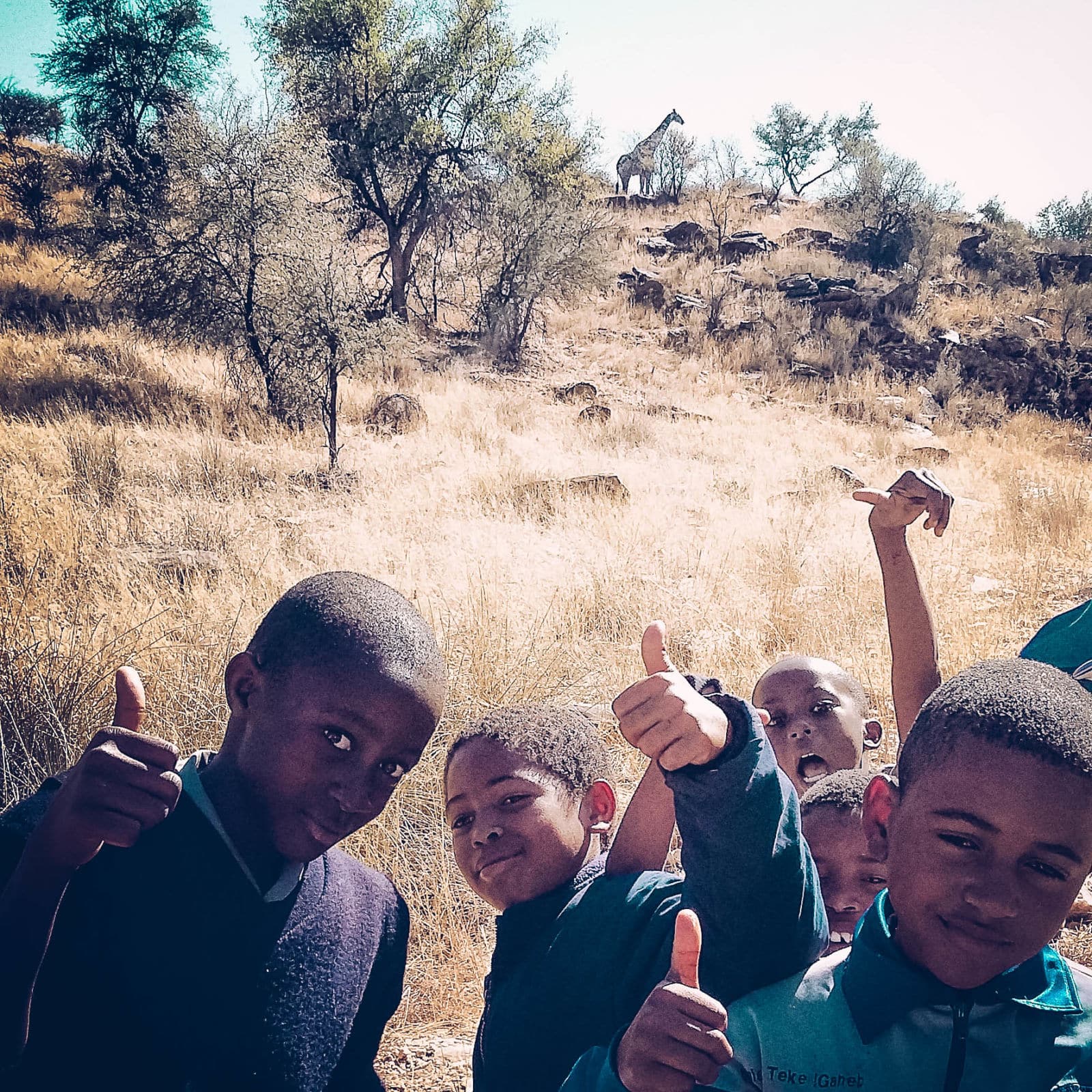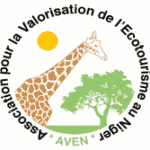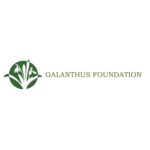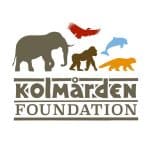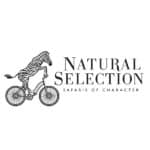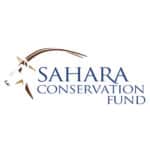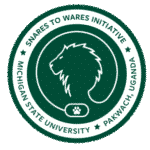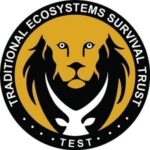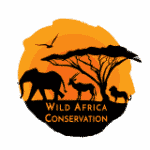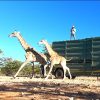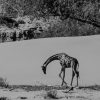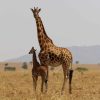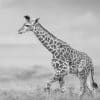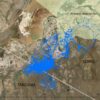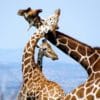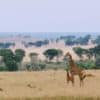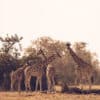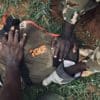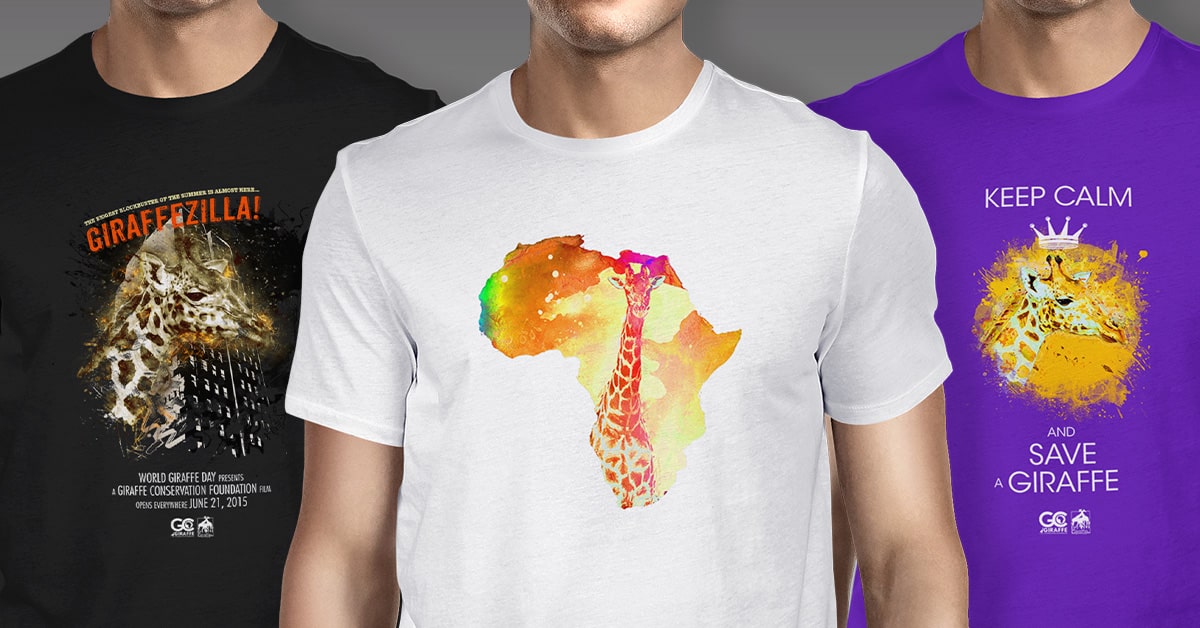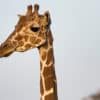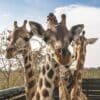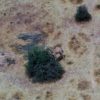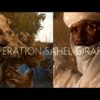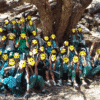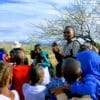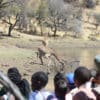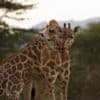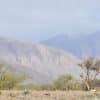As a science-based organisation, our programmes and initiatives throughout Africa aim to provide innovative and adaptive approaches to giraffe conservation management while working with a wide range of partners on the ground and internationally to secure a future for all giraffe populations in the wild.
Key to the long-term success of giraffe conservation is supporting and investing in people and communities who share their living space with giraffe.
It is with this in mind that we have decided to unite all our community-based programmes under one umbrella: Twiga Wetu (Swahili for Our Giraffe), a holistic, collaborative, and community-driven approach to conservation. Giraffe range is not limited to national parks and government-protected areas; in many African countries, large giraffe populations live amongst or next to people.
Through Twiga Wetu, we employ a country- or site-specific approach, adapting experience and knowledge gained from our and our partners’ programmes throughout Africa. At all opportunities we promote and support innovative community involvement in giraffe conservation.
On each programme under our Twiga Wetu initiative, GCF collaborates with local (and often also international) conservation partners who have a strong track record of community conservation. Twiga Wetu comes in many different shapes and forms, from implementation to providing financial and technical support. Here are a few examples highlighting our partnerships under our Twiga Wetu initiative.
In northern Kenya, GCF has supported Twiga Walinzi (Swahili for Giraffe Guards) since its inception. A community-led conservation programme with local pastoralists, Twiga Walinzi was developed by San Diego Zoo Global together with local partners. The large community field team conducts giraffe monitoring and manages a network of camera traps across various communal conservancy areas in northern Kenya. Additionally, the team leads school outreach and giraffe conservation education programmes across community areas supported by the San Diego Zoo education team. Read more here.
In Niger, GCF implements a long-term community-based conservation programme with local and international partners to monitor the last West African giraffe in partnership with Sahara Conservation Fund and Wild Africa Conservation. This programme supports monitoring of the last West African giraffe by AVEN, a local guides’ association that also focuses on diversifying rural livelihoods and local income generation. Read more here.
In Uganda, GCF recently partnered with the Snares to Wares Initiative, a Ugandan non-profit organisation that employs local community members to repurpose wire snares that were removed from Murchison Falls National Park into pieces of art as an alternative source of income for members. Our collaborative Twiga Wetu programme in Uganda employs a holistic approach to reducing the impact of poaching in the Park by linking community support, education and awareness with on the ground anti-poaching patrols, snare sweeps and veterinary treatment of ensnared wildlife. Read more here.
In Tanzania, GCF partners with Traditional Ecosystems Survival Tanzania (TEST) to support communities in better understanding the distribution of and threats to giraffe in village lands between Serengeti National Park and Ngorongoro Conservation Area. Additionally, the TEST field team implement site-specific conservation education programmes across the region. Read more here.
In Namibia, our Khomas Environmental Education Programme (KEEP) falls under the wider umbrella of Twiga Wetu. This successful programme is the largest of its kind in Namibia and has so far reached over 15,000 Namibian primary school students and helped to reconnect them to their environment. This hands-on field programme and the cleverly designed educational workbook have also been adapted as a guideline for school outreach in other parts of Africa. Read more here.
It is our vision to establish new and innovative ways to facilitate collaboration between communities, government park officials, and conservation NGOs whereby both local people and wildlife can mutually benefit. It is only with the support of the local communities that we will be able to create a sustainable, long-term success for giraffe.

